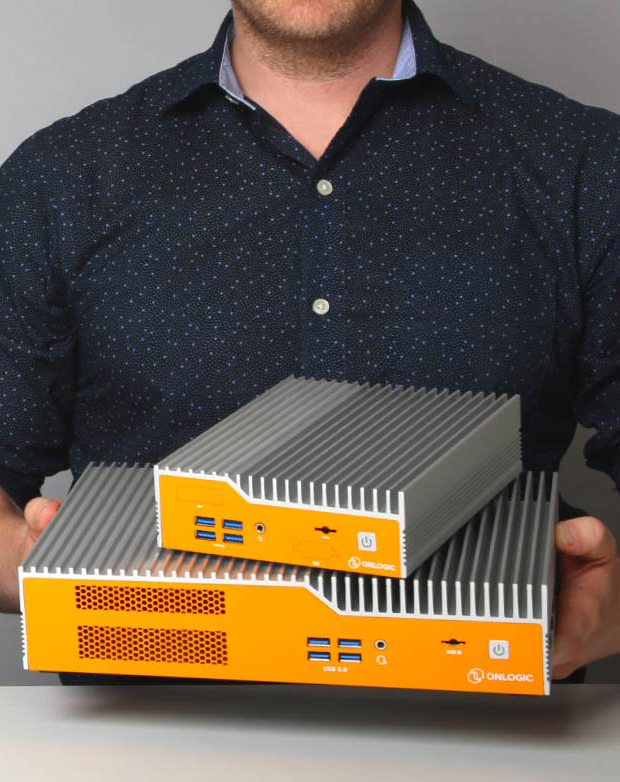Avoiding the High Cost of 4G Certification
If you’ve been plugged into the explosive growth of the Internet of Things (IoT) in the last decade, you’ve likely heard the striking prediction that by the year 2020, more than 50 billion smart objects are expected to be deployed in the field. Engineers design these devices and systems to connect wirelessly to private networks via 4G cellular data links, . But there’s a problem: Getting products approved to join 4G networks from carriers like Verizon, AT&T and Sprint is hard. Really hard.
 You can expect to pay upward of $50,000, and wait up to six months, to have a custom device certified with a 4G carrier. Each unique 4G-enabled system design must pass testing with the PTCRB, which governs wireless signal performance and behavior, specific carrier organizations like the Global Certification Forum (GCF). The upshot is that it can be prohibitively expensive (and time consuming) for IoT innovators to certify their devices with internal 4G modems.
You can expect to pay upward of $50,000, and wait up to six months, to have a custom device certified with a 4G carrier. Each unique 4G-enabled system design must pass testing with the PTCRB, which governs wireless signal performance and behavior, specific carrier organizations like the Global Certification Forum (GCF). The upshot is that it can be prohibitively expensive (and time consuming) for IoT innovators to certify their devices with internal 4G modems.
4G Certification Options
Luckily, there are other options. One is to purchase external, USB-connected 4G modems for wireless connectivity. These modems are affordable, certified and require little design effort to work with existing custom devices. It is important to note that these devices must be able to host USB peripherals. The drawbacks? External dongles add to physical footprint and heighten the risk of failure. That’s a real concern in rugged and remote environments. In these settings, external peripherals and connectors are subject to constant stress. These stressors make it more difficult to service in the field. External modems can also be subject to theft, especially where a lot of people are moving about. This can happen anywhere from factory floors to shopping malls.
A second option is to purchase 4G-equipped industrial PCs (IPC) that have been certified for carrier networks. Since these are high cost systems, this makes it tough to find an IPC with a mix of features and price point for a specific application.

Wireless certification has never been easy. However, the Internet of Things has made it an issue (and priority) for a wide range of organizations. As the demand to connect to 4G cellular increases, companies must consider every option to enable their connected infrastructure.
Get the Latest Tech Updates
Subscribe to our newsletters to get updates from OnLogic delivered straight to your inbox. News and insights from our team of experts are just a click away. Hit the button to head to our subscription page.
Share
More Articles
OnLogic Industrial Computers
Discover OnLogic's multitude of industrial computers that will help you to advance your IoT project
Learn more at OnLogic.com
OnLogic Industrial PCs: Designed to last. Built to order. Delivered in days. Visit our online store at OnLogic.com






